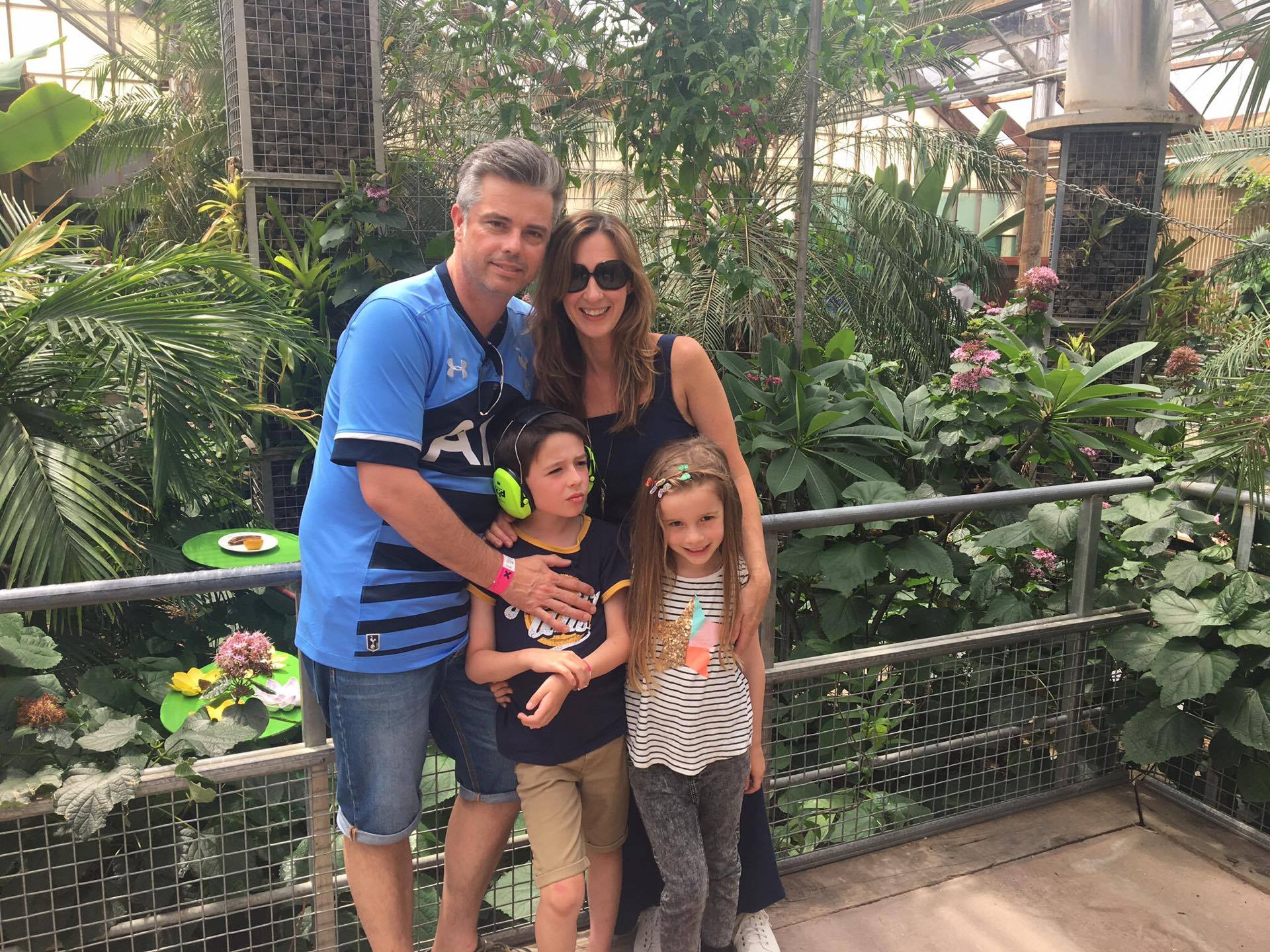Scientists in the United Kingdom have developed a blood and urine test that can detect autism in children.
The test, believed to be a first of its kind, was developed by researchers at the University of Warwick who said the breakthrough could lead to earlier diagnosis of autism spectrum disorders (ASD) in children who could then be given appropriate treatment much earlier in their lives.
It’s estimated that one in 66 people worldwide are affected by autism, and it’s four times more prevalent in boys than girls. In New Zealand, around 65,000 people are affected by autism.
The lifelong developmental condition affects, among other things, a person’s social interaction and communication, and symptoms can include restricted and repetitive behaviours and interests.
Autism in children can be mild, moderate or severe, and present in so many ways that is often difficult to diagnose. However, research shows that the earlier a child is diagnosed, the more likely it is they’ll develop the communication, social and life skills needed for a good quality of life. A simple blood test to diagnose ASD could make a huge impact on a child’s development if they do indeed have autism.

However, experts caution that the tests – which look for damage to certain proteins, shown to be higher in children with ASD – are far from becoming available clinically and that more research needs to be done.
“We have found that the power of measuring damaged proteins to the brain may be a cause for a development of autism,” said Paul Thornalley, a professor in systems biology at the University of Warwick, who co-led the study.
The research has been published in the journal Molecular Autism.
Signs of autism
Parents may notice that their child’s behaviour is unusual in the first few years of life. Early signs may include:
Delayed speech
Lack of social-emotional reciprocity
Lack of non-verbal communication
Lack of eye contact when speaking
Repetitive behaviours such as rocking or twirling, or spending hours focusing intently on one thing
Hypersensitivity to stimuli eg. particular sounds, light, smells or touch
Children with autism may lack interest in playing with other children, and in severe cases may show no interest in the surrounding world at all
For more information about autism and where you can go for help, go to Autism NZ


